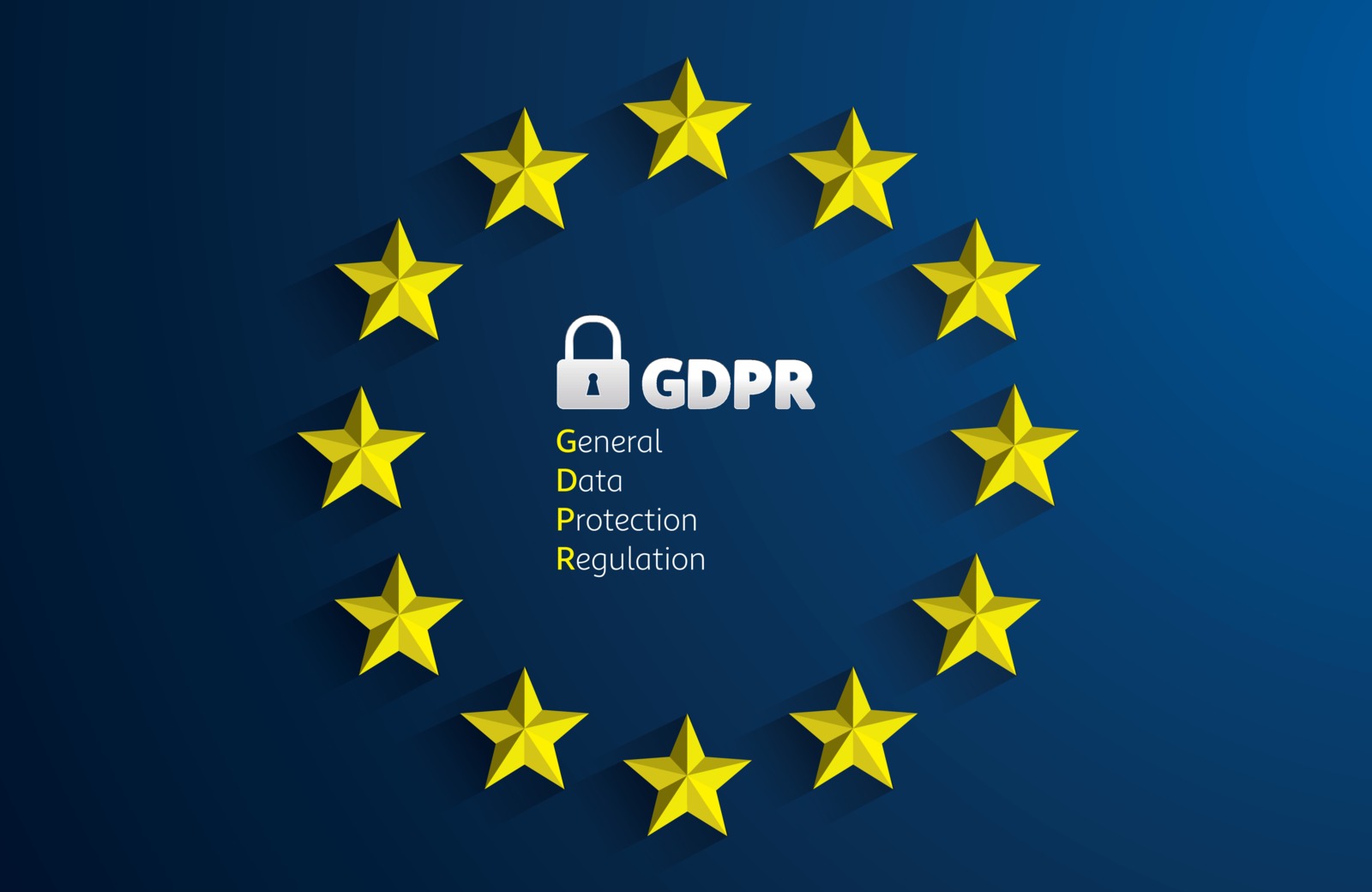Data Privacy Matters
How Will GDPR Affect Business Marketing Approaches in The Digital Age
The General Data Protection Regulation (GDPR) has approaches that impact today’s marketing strategies. With the increasing interplay between internal and external regulation and increasingly intrusive practices by law enforcement authorities, digital marketing’s future may involve significant changes. At the same time, the European Union (EU) is making efforts to strengthen its regulatory regime and pass several laws to improve its relationship with the US. It is essential to consider the potential social, political, and legal impact of GDPR on your business. Furthermore, certain restrictions dictate the way companies can conduct their business online. Given all this, it is clear that if you want to continue to enjoy the benefits of doing business online within the EU, you need to be fully aware of the implications of GDPR and how it impacts your marketing techniques.
What is GDPR?
The GDPR is a set of rules developed by the European Commission to enable citizens to have more control over personal data. Several reforms are created to prepare regulations, laws, and obligations of data privacy and consent involving individuals, businesses, and entities. Some of these regulations cover consumer credit, advertising, information protection, payment data transfer and schemes, and more.
This framework sets out general guidelines for ensuring the protection of personal information. In particular, GDPR protects against the unnecessary, unethical, and illegal use of personal data. However, it is essential to note that GDPR addresses different aspects of the whole regulatory framework, which means that every reform is examined separately for its relevance and applicability.
Regulation on personal information processing is vital to the reforms related to the GDPR’s subject matter. It sets out the rules and procedures that ensure personal information processing occurs within the Commission’s data protection frameworks.
This regulation aims to protect individuals from unfair and unwarranted discrimination when taking up jobs, accessing services, performing online transactions, and other related digital activities. It covers the unwarranted use of collected data for criminal prosecution and employee protection from unfair dismissal and other workers’ compensation claims.The security requirements defend corporate clients and enterprises from data protection risks and ensure that their companies comply with the principles laid down in the GDPR. All these aims are governed through the various bodies that constitute the Commission’s regulatory bodies and state data protection agencies.
What is GDPR compliance?
GDPR compliance involves ensuring the legal process of data collection, processing, and maintenance.
All entities under the GDPR scope, digital-based or not, will have to comply with this particular regulation. It requires companies to take necessary measures and create protocols to protect the personal data of the organization, employees, and clients involved for their legitimate purposes, or other lawful bases, in line with the EU data protection regulation and directives.
Several regulations are addressed in the GDPR. You need to keep in mind that all organizations and their processors and controllers are obliged to ensure they do not breach any of the provisions within the regulation and prepare measures that they can take to protect their users.
Controllers
Under Article 4, section 7 of the General Data Protection Regulation,” ‘controller’ means the natural or legal person, public authority, agency or other body which, alone or jointly with others, determines the purposes and means of the processing of personal data; where the purposes and means of such processing are determined by Union or Member State law, the controller or the specific criteria for its nomination may be provided for by Union or Member State law.”
Processors
Under Article 4, section 8 of the General Data Protection Regulation,” ‘processor’ means a natural or legal person, public authority, agency or other body which processes personal data on behalf of the controller.”

The main aim of GDPR is to ensure that unauthorized third parties cannot misuse all personal information kept by company processors and controllers. For instance, organizations must ensure that they inform their clients about the procedures they follow to process their data, the additional risks they face if they fail to comply with the regulations, and how they can benefit from it. The regulation also addresses how companies and controllers can implement suitable systems to handle their clients’ data according to the different regulations. With all these in mind, it’s clear that understanding the GDPR compliance requirements is vital for those within the scope to stay in business.
Who does GDPR apply to?
The EU General Data Protection Regulation (GDPR) has implications for many organizations, particularly those controlling or processing personal information in the European Union or EU data subjects.
The compliance scope includes regulations in data processing for direct marketing purposes by the companies’ advertising agencies through telemarketing and other means and using data to generate ad campaigns.
Application of the GDPR to Organizations
The GDPR will apply to the personal data processing by organizations established in the EU, regardless of where the data processing transpires. It will also apply to the personal data processing by organizations that control or process data in connection with (1) offering goods or services (with or without charge) to, or (2) monitoring individuals in the EU.
Data Consent According to the GDPR
Under the GDPR, controllers or processors can process personal data in specific limited, designated circumstances with consent. There are particular requirements of valid consent provided by the GDPR:
- Children under 16 will require parental guidance and permission in giving consent.
- Consent must be a voluntarily given, specific, informed, and unambiguous indication through a statement or clear confirmation.
- Consent must be just as easy to withdraw and to provide.
How GDPR Affects Marketing

Many businesses are scrambling to prepare and implement effective marketing strategies to comply with the GDPR. In our internet-connected age, most of them require digital marketing efforts while also needing to maintain identity, privacy, and reputation protection. Therefore many companies have already begun to prepare their plan to ensure they comply.
Marketing significantly involves data collection. Without data gathering and collection practices, marketers can’t do much work achieving advertising goals.
For marketing strategies to work under the compliance of the GDPR, organizations need to follow six elements for data processing, such as the following:
- Rights of Individuals
- Right to be Informed
- Right to Erasure (“Right to be Forgotten”)
- Data Protection Officer (DPO)
- Obligations on data processor / processors
- Data Protection Impact Assessment
To all ends, you need to seek consent for all data you need to collect from audiences or individuals, or find another legal basis for processing, and provide necessary information on how you intend to use such data for your marketing purposes. Unsolicited data and communications are strictly against the GDPR when applied to the marketing landscape, unless you can show that you fall within an exception.
Learn more about the General Data Protection Regulation (GDPR) applications for your business marketing approaches. Metaverse Law focuses exclusively on privacy, data protection, and cybersecurity law with practical solutions for today’s online businesses, including GDPR compliance. Visit us here to inquire about our services!

